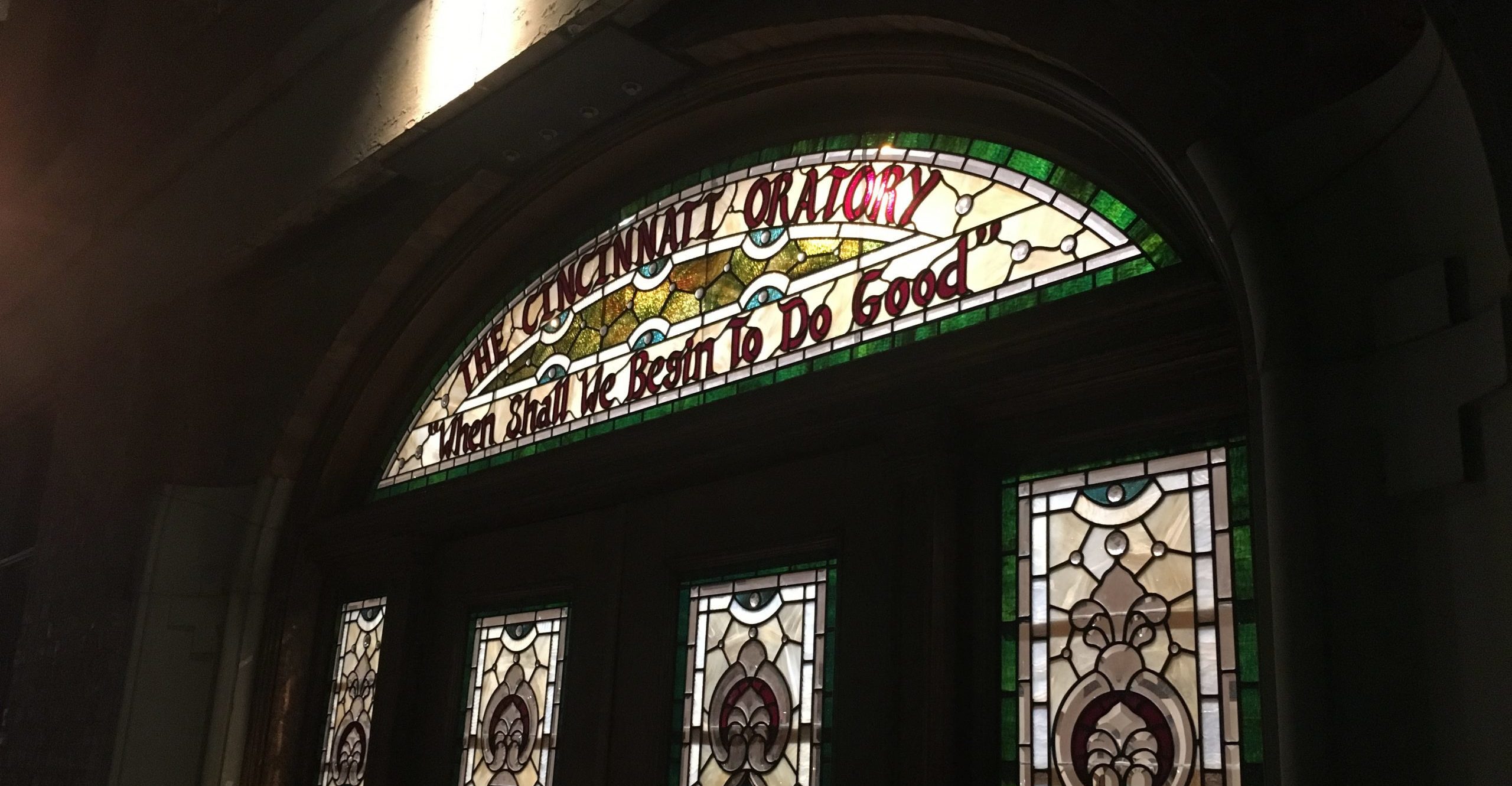Posted on November 8, 2015 View all news
Laudetur Jesus Christus! Gelobt sei Jesus Christus! Praised be Jesus Christ!
For this week’s column, please find this reflection from St. Ambrose on the dead. Use it for meditation during this month that we especially pray for the faithful departed. Have a blessed week ahead!
“We see that death is gain, life is loss. Paul says: For me life is Christ, and death a gain. What does “Christ” mean but to die in the body, and receive the breath of life? Let us then die with Christ, to live with Christ. We should have a daily familiarity with death, a daily desire for death. By this kind of detachment our soul must learn to free itself from the desires of the body. It must soar above earthly lusts to a place where they cannot come near, to hold it fast. It must take on the likeness of death, to avoid the punishment of death. The law of our fallen nature is at war with the law of our reason and subjects the law of reason to the law of error. What is the remedy? Who will set me free from this body of death? The grace of God, through Jesus Christ, our Lord.
We have a doctor to heal us; let us use the remedy he prescribes. The remedy is the grace of Christ, the dead body our own. Let us then be exiles from our body, so as not to be exiles from Christ. Though we are still in the body, let us not give ourselves to the things of the body. We must not reject the natural rights of the body, but we must desire before all else the gifts of grace.
What more need be said? It was by the death of one man that the world was redeemed. Christ did not need to die if he did not want to, but he did not look on death as something to be despised, something to be avoided, and he could have found no better means to save us than by dying. Thus his death is life for all. We are sealed with the sign of his death; when we pray we preach his death; when we offer sacrifice we proclaim his death. His death is victory; his death is a sacred sign; each year his death is celebrated with solemnity by the whole world.
What more should we say about his death since we use this divine example to prove that it was death alone that won freedom from death, and death itself was its own redeemer? Death is then no cause for mourning, for it is the cause of mankind’s salvation. Death is not something to be avoided, for the Son of God did not think it beneath his dignity, nor did he seek to escape it.
Death was not part of nature; it became part of nature. God did not decree death from the beginning; he prescribed it as a remedy. Human life was condemned because of sin to unremitting labour and unbearable sorrow and so began to experience the burden of wretchedness. There had to be a limit to its evils; death had to restore what life had forfeited. Without the assistance of grace, immortality is more of a burden than a blessing.” – St. Ambrose
